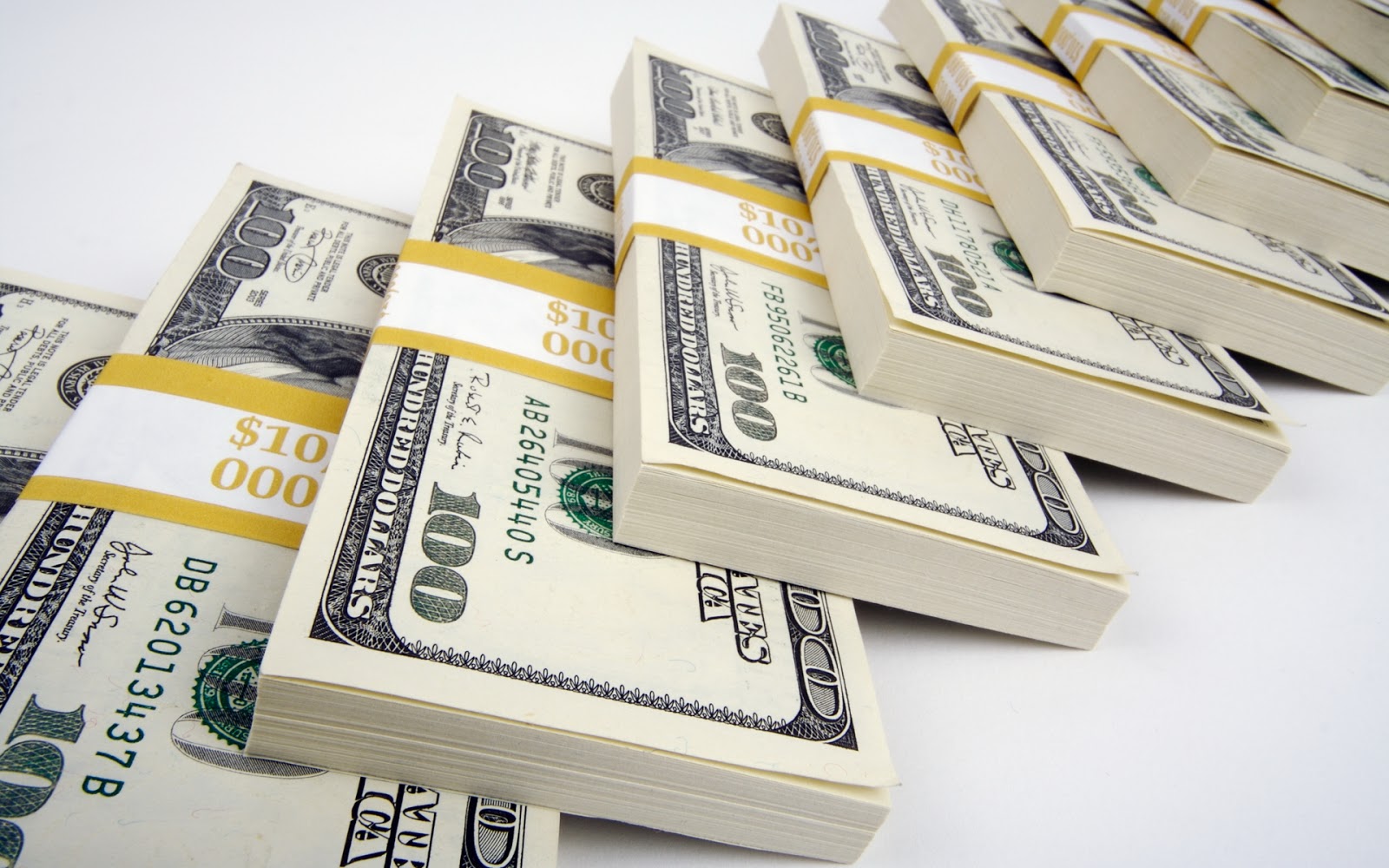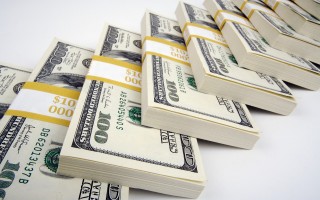Since the global oil price crash in 2014, Nigeria has been one of the hardest-hit economies due to its overdependence on oil as its main source of revenue. China’s economic slowdown, as well as the United States’ rate hike, also affected its economy adversely. As a result, Nigeria’s economic growth has declined dramatically, with its currency falling to an all-time low. As a result of the new monetary policies, investors are pulling out regularly as most of them are scared to leave their investments in the country. The Central Bank of Nigeria (CBN) put in stringent policies to help save the Naira from falling but all efforts seem to have backfired.
However, it looks like that is all about to change as the CBN, which once showed that its decisions were not independent of the federal government, seem to be taking a different turn. But it is still uncertain if the CBN will be able to sustain some of its recent policies, which are geared towards saving the Naira from falling.
Below is the Ventures Africa Weekly Economic Index, for the week ending 21st of April 2017. This economic index gives you a glimpse into the recent activities in Nigeria’s economy as well as changes that could affect the economy:
How did the Naira fare?

During the week under review, the Naira appreciated further against the dollar at the parallel market to 385 Naira/$ on Friday 21st April 2017, from 405 Naira/$ recorded on Friday 14th April March 2017.
The Central Bank of Nigeria injected a fresh $220 million into the various sectors of the economy on Monday, 17th of April 2017. It also commenced the weekly sale of $20,000 to Bureau de Change operators. The CBN on Tuesday, 18th of April 2017 also opened bids where it offered $100m wholesale 7-45 days forwards to end-users through the deposit money banks (DMBs). A breakdown of the intervention showed that Basic Travel Allowance, Personal Travel Allowance, medical bills and tuition received $80m, while the Small and Medium Enterprises window received $100m.
Nigerian Stock Market

According to the recent data released by the Nigerian Stock Exchange, as of 21st April 2017, the market closed trading on a negative note as the all share index decreased BY 1.26 percent from the previous week ending 14th April 2017. Market capitalization at the close of trading was N8.716 trillion down from N8.827 trillion recorded the previous week. The All Share Index for the week under review closed at 25,189.37.
Top five price Gainers and Decliners in the week under review:
Top five price Gainers
- Transnational Corporation Of Nigeria Plc
- Africa Prudential Registrars Plc
- Stanbic Ibtc Holdings Plc
- Diamond Bank Plc
- Unilever Nigeria Plc.
Top five price Decliners
- Fidelity Bank Plc
- 7-Up Bottling Comp. Plc
- Ecobank Transnational Incorporated
- Okomu Oil Palm Plc.
- Nascon Allied Industries Plc
Did the price of crude oil change?

The OPEC weekly basket price revealed that between 17th and 21st of April 2017, the price of crude oil increased considerably from $52.94 per barrel to $49.99 per barrel.
Oil slumped to a two-week low on Wednesday, after U.S. data showed a smaller-than-expected drop in overall crude stocks and a surprising build in gasoline inventories, which raised worries about excessively high global supply. According to reports, the rapid decline in prices on Wednesday was partly a technical response to the May futures contract’s expiration, as well as a negative response to an unexpected increase in U.S. gasoline supplies.
The Energy Information Agency said that global oil production is 98.3 million barrels per day (MMPD), and consumption is a bit less at 98.1 MMPD. At that rate, the current supply glut will continue and prices should stay within a relatively tight range. This will happen if all other things are static.
However, According to the Wall Streets Journal, Saudi Arabia’s energy minister, Khalid al-Falih, while speaking at a conference in Abu Dhabi, suggested that there are behind the scenes negotiations among oil producers ahead of OPEC’s May meeting. He said that there was a preliminary agreement to extend production cuts, but some OPEC members have yet to approve it.
Dividends announced so far in 2017

Tracking companies that have announced their dividends are very important for the country as it affects the share price of the company. This also enables people to know if they are eligible to collect the dividend, when it will be approved and when it will be paid. So far the companies that have announced the full year reports are Vitafoam Plc, Greif Nigeria Plc, United Capital, Nigerian Breweries, Transcorp Hotels Plc, Africa Prudential, Zenith Bank, Dangote Cement, Nestle Nigeria, Access Bank, Guaranty Trust Bank, Total Nigeria Plc, Lafarge Africa Plc, Custodian and Allied Plc, MRS Oil Nigeria Plc, United Bank for Africa Plc, GlaxoSmithKline Consumer Nig. Plc, Unilever Nigeria Plc, FCMB Group Plc, Dangote Sugar Refinery Plc, Stanbic IBTC Holdings Plc, Pharma-Deko Plc, UACN Plc, AIICO Insurance Plc, Chemical and Allied Products Plc, Trans-Nationwide Express Plc, AXA Mansard Insurance Plc, Mobil Oil Nigeria Plc, Beta Glass Plc, Infinity Trust Mortgage Bank Plc, Okomu Oil Palm Company Plc NASCON Allied Industries Plc, B.O.C. Gases Plc, Learn Africa Plc, NEM Insurance Plc, Nigerian Aviation Handling Company Plc, Med-View Airline Fidelity Bank, Okomu oil and Regency Alliance.
How low is the external reserve?

Data from the website of the Central Bank of Nigeria reveals that as of April 19th, 2017, Nigeria’s external reserve increased by $168.98 million to $30.585 billion from $30.417 billion recorded on April 12th, 2017.
What decisions did the Central Bank of Nigeria take this week?

The Central Bank of Nigeria released a circular suspending its most recent withdrawal and deposit processing fee policy that came into effect 1st April 2017 in Lagos, Ogun, Kano, Abia, Anambra, Rivers, and FCT. The CBN mandated that the banks revert back to the old charges of 3 percent processing fee for withdrawals and no processing charges for lodgments.
The Central Bank of Nigeria (CBN) in a circular released on Friday 21st April 2016, instructed all authorised dealers of forex to add to the official FX market, High-density polyethylene (HDPE) and Low-density polyethylene (LDPE). Both items were previously included in item 38 of the 41 banned list and classified under “Plastic and Rubber Products, Cellophane Wrappers.”
The Central Bank of Nigeria on Friday also opened a new special forex window dedicated to investors, exporters and end users. According to the circular issued by the apex bank, the CBN claimed that this new window was introduced to boost liquidity in the FX market and ensure timely execution and settlement of eligible transactions.








